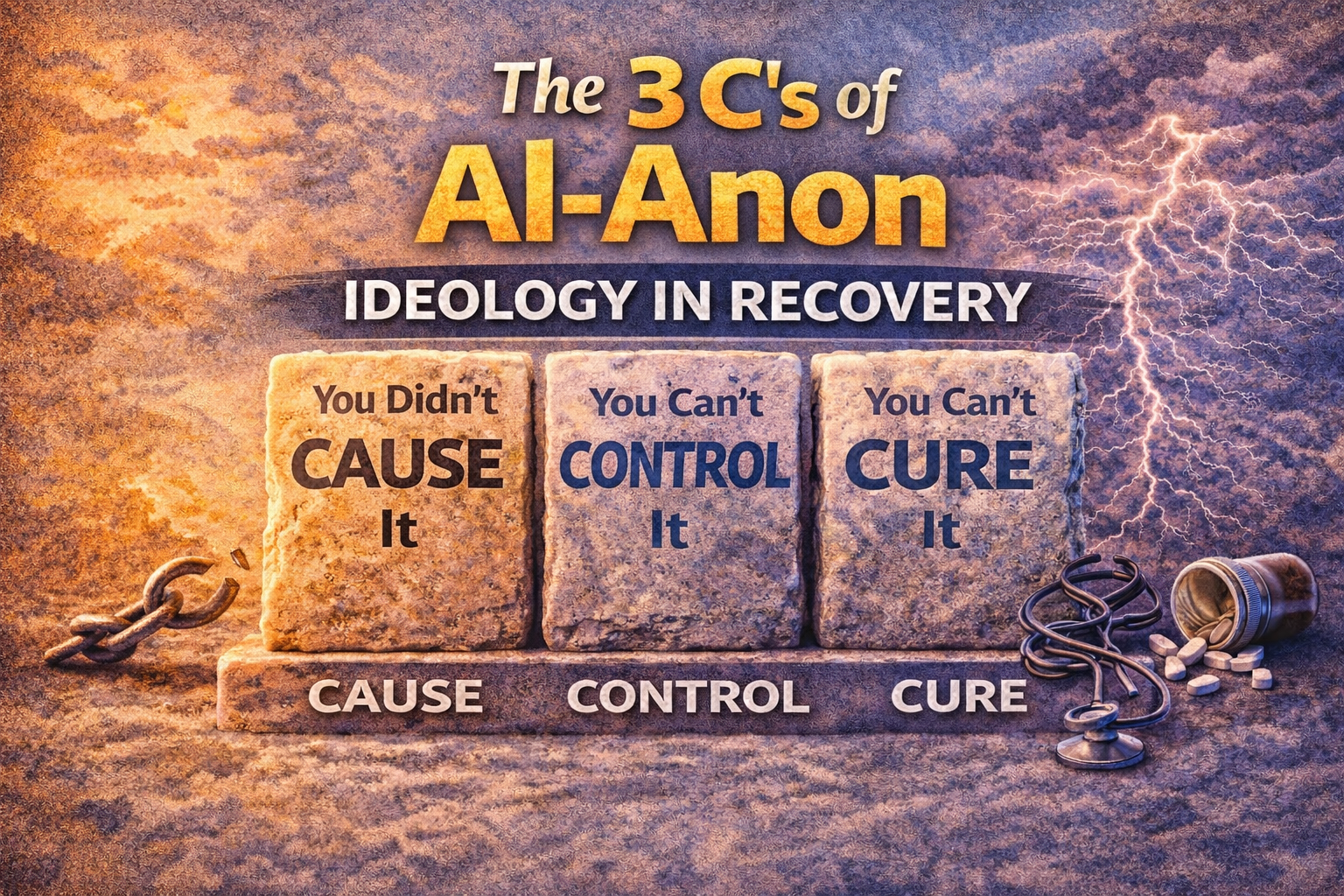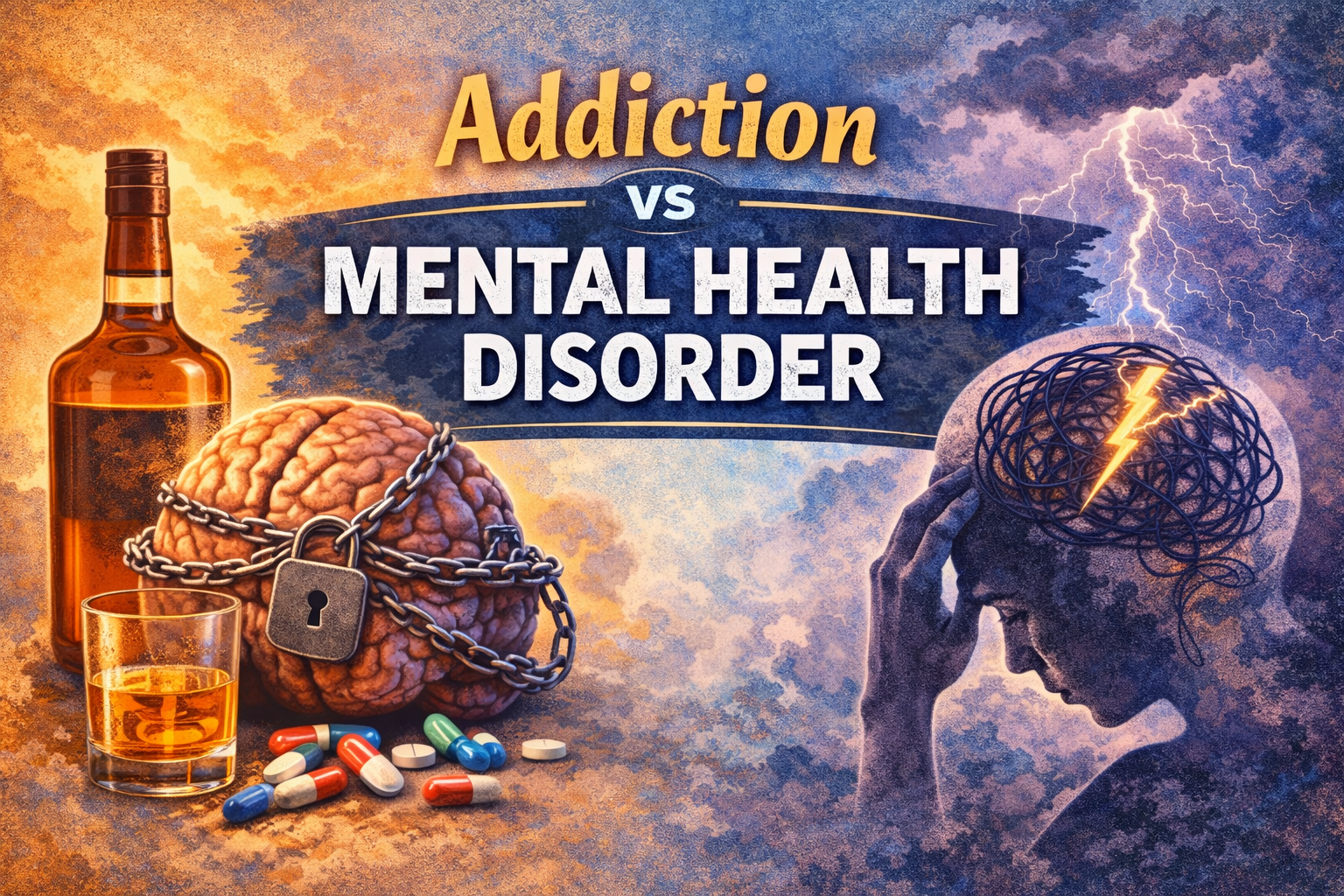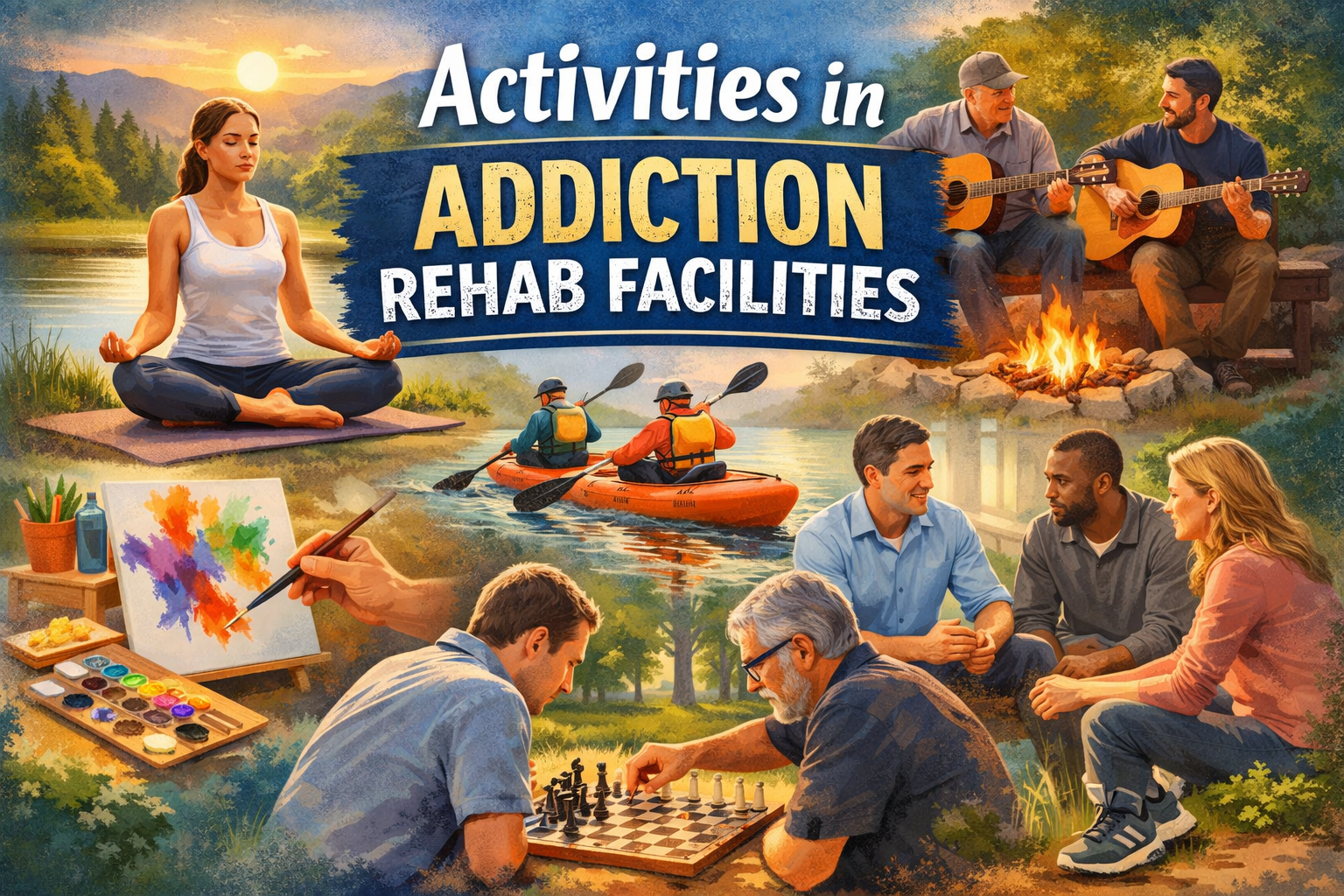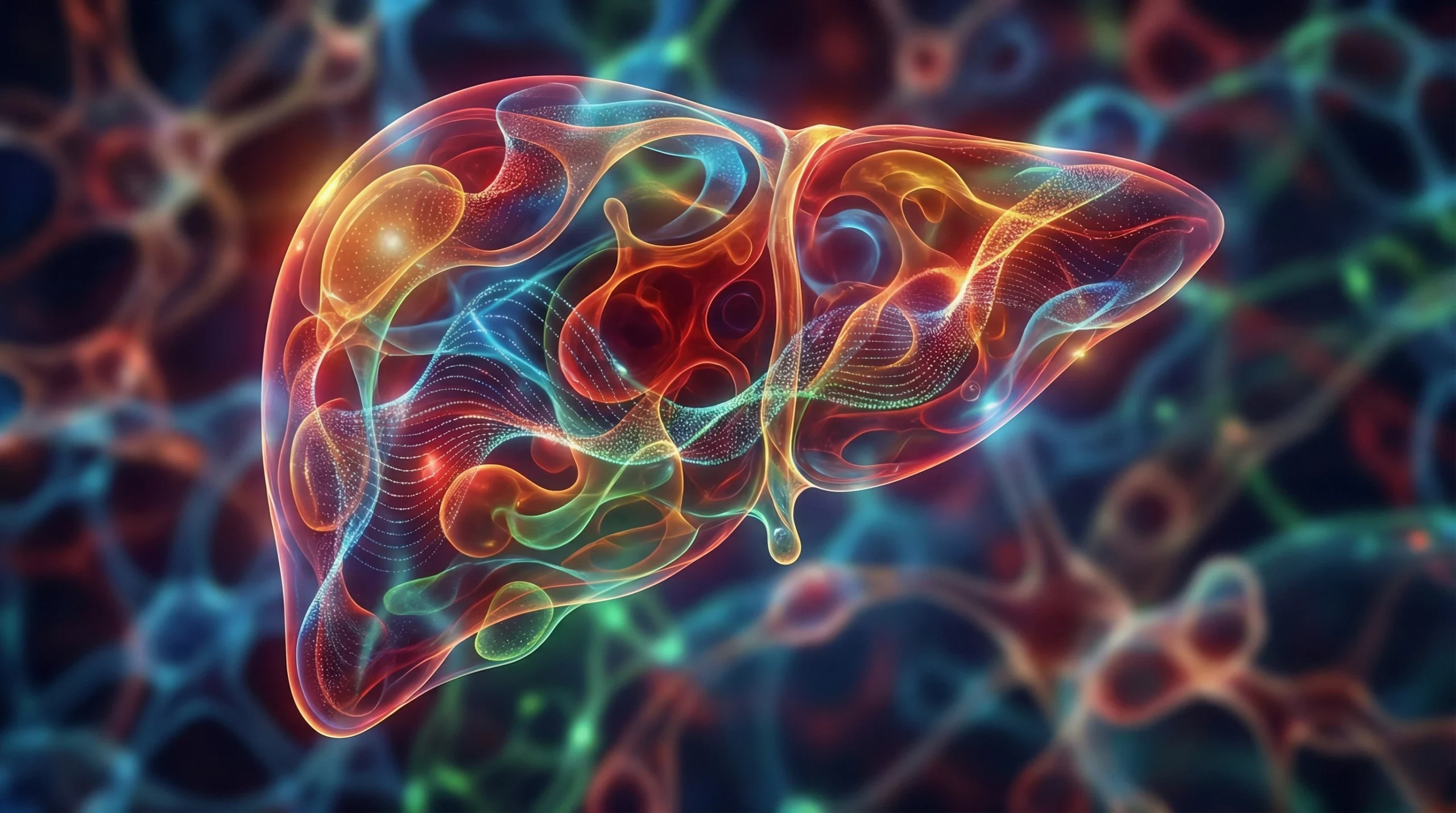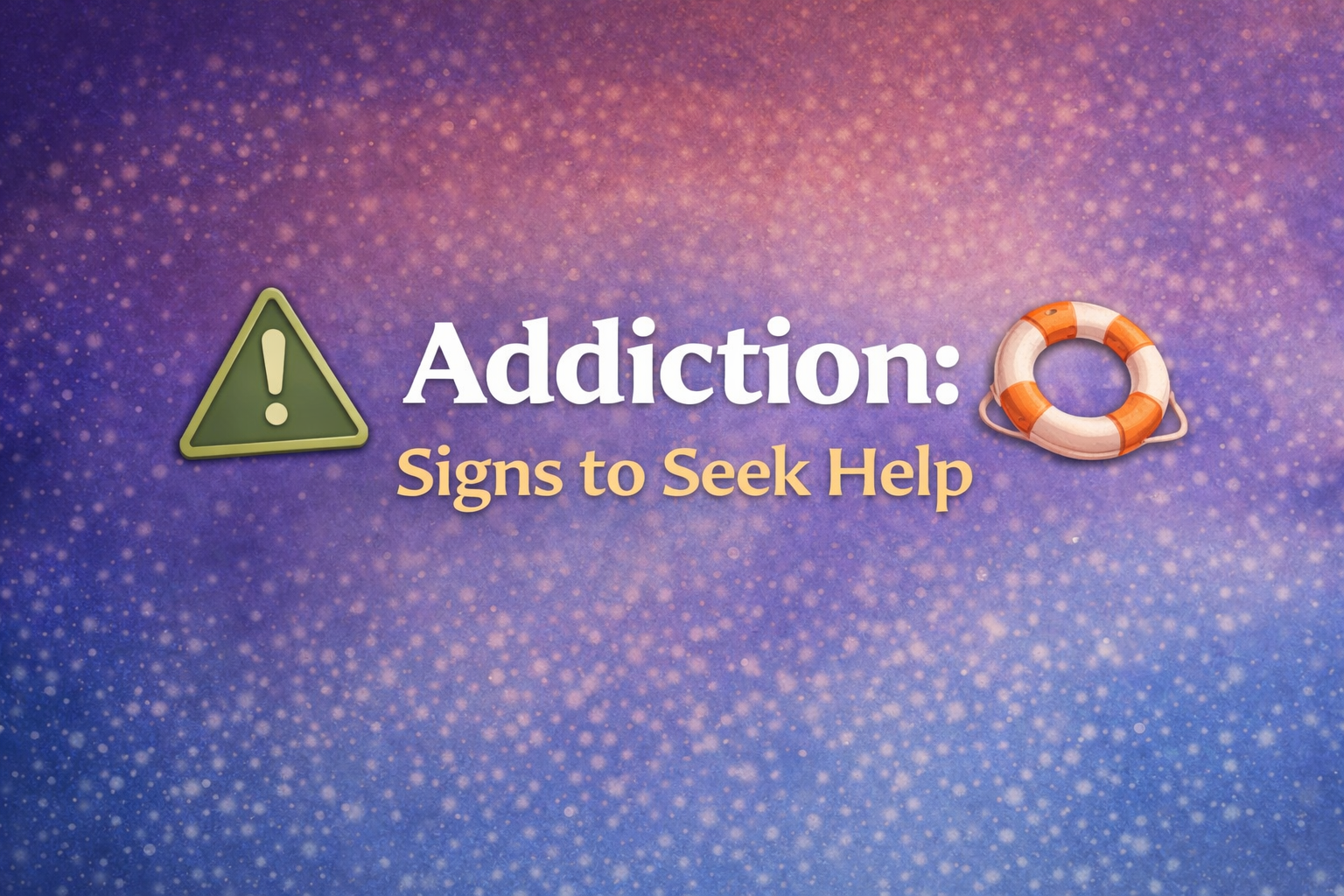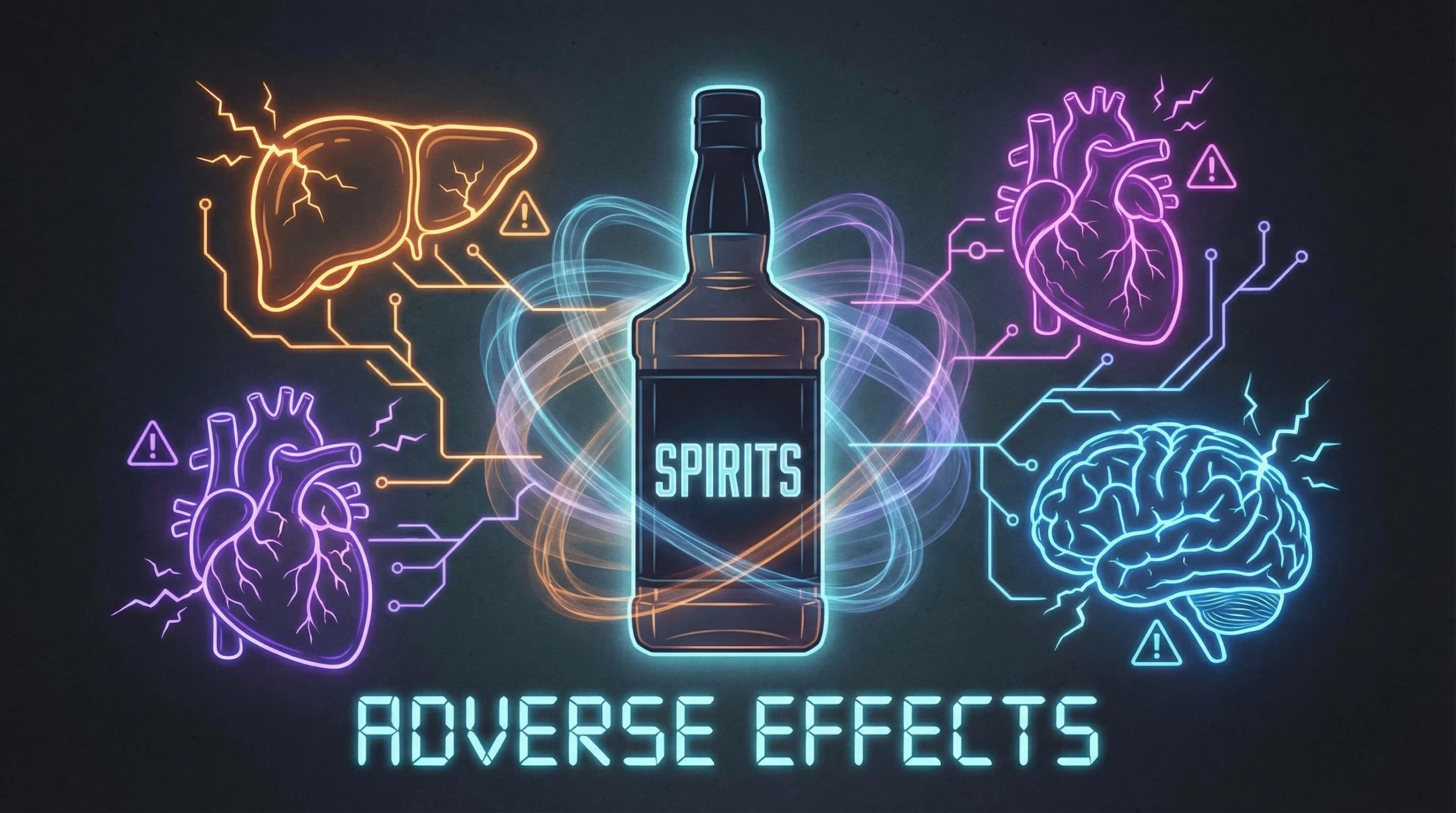Understanding the 3 C’s of Al-Anon
The 3 C’s of Al-Anon Family Groups—You didn’t Cause it, You can’t Control it, and You can’t Cure it—form a foundational philosophy for families and loved ones affected by addiction. These principles were developed to help individuals detach from misplaced guilt, excessive responsibility, and the emotional exhaustion that often accompanies supporting someone with a substance … Read more
